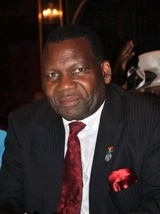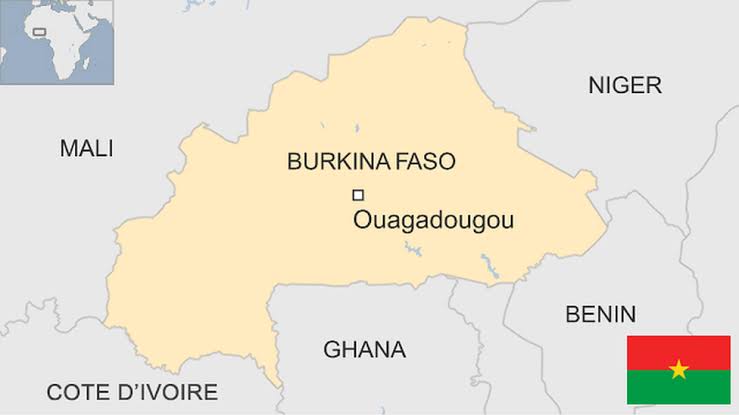
By Onoja Baba, Nigeria
The story of Burkina Faso’s Captain Ibrahim Traoré and the country’s realities of today can not be told without peeping into its yesterday.
The Sahel country, largely occupied by the Burkinabes, was once seen as one of West Africa’s more hopeful democracies.
For years, the country has worked to strengthen institutions, build civil society, and recover from decades of instability.
But in recent times, the nation has become a symbol of turmoil, uncertainty, shifting political dynamics. At the heart of the crisis is a breakdown in trust between the people and the civilian leadership.
The roots of Burkina Faso’s current political unrest can be traced to 2014. That year, a popular uprising toppled long-serving President Blaise Compaoré. He had ruled for 27 years and attempted to change the constitution to remain in power.
The protests that forced him out were celebrated as a victory for democracy. Civilian governments returned. Hope was restored.
But it was short-lived.
Burkina Faso became the target of relentless attacks by Islamist militant groups affiliated with Al Qaeda and the Islamic State. Entire villages were overrun. Thousands were killed. Many more were displaced. The government seemed powerless.
Trust in political leaders began to erode. Security forces were often under-equipped, poorly paid, and demoralized. Terrorists spread across the north and east of the country, seizing land and destroying lives.
Amid rising frustration and fear, a military coup was staged in January 2022. President Roch Marc Christian Kaboré was ousted by Lieutenant Colonel Paul-Henri Sandaogo Damiba.
Damiba promised a return to security. He assured Burkinabe citizens and international observers that the army would restore order and eventually return power to civilians.
But his reign was short and unimpressive.
Under Damiba’s leadership, the security situation worsened. More towns fell to armed groups. Citizens accused him of prioritizing political power over real solutions.
In September 2022, less than a year after he took over, Damiba was overthrown in another coup. This time, by Captain Ibrahim Traoré.
Only 34 years old, Traoré became the world’s youngest leader. He spoke the language of revolution. He vowed to reclaim national pride and territory. His words resonated with many.
He promised to end neocolonial influence, especially from France. Within months, French troops were expelled. Military cooperation with Paris came to a halt.
Traoré began seeking alternative alliances. His government opened channels with Russia and Turkey. There was speculation about the presence of Russian mercenaries, especially from the Wagner Group.
The shift in foreign alignment alarmed Western powers. France’s influence collapsed rapidly. The United States expressed concern.
Meanwhile, ECOWAS, the regional economic bloc, grew increasingly alarmed by the growing wave of military takeovers. Burkina Faso became part of a new power axis.
Alongside Mali and Niger, it formed the Alliance of Sahel States.
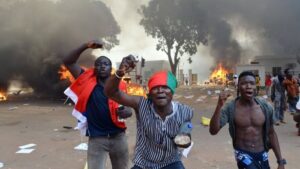
This alliance pledged mutual defence and cooperation. It represented a breakaway from ECOWAS.
In January 2025, Burkina Faso, along with Mali and Niger, officially announced its withdrawal from ECOWAS.
The bloc responded with strong condemnation. It had already imposed sanctions following the coups. The exit of the three countries has left the bloc fragmented and weakened.
ECOWAS leaders are still calling for dialogue. Nigerian Foreign Minister Yusuf Tuggar recently stated that efforts are ongoing to bring the countries back.
But on the ground, Burkina Faso is walking its own path.
Captain Traoré has tightened his grip on power. He suspended the constitution and dissolved the transitional charter. The transitional government remains in place, but elections are nowhere in sight.
Critics say the military regime is becoming more authoritarian. Press freedom is under threat. Civil liberties are shrinking.
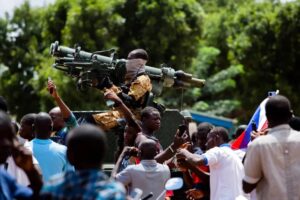
Supporters argue that Traoré is doing what needs to be done. They believe the fight against terrorism requires strong leadership without political distractions.
Burkina Faso remains under siege. Insurgent attacks continue in rural areas. The army has reclaimed some territory, but the gains are fragile.
The humanitarian situation is dire. More than two million people have been displaced. Access to food and health care is limited in conflict zones.
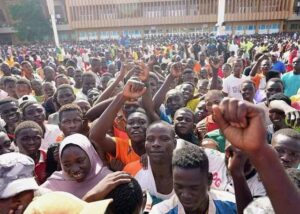
Aid agencies are struggling to operate. Government control is limited in large parts of the country.
The country’s economy is also suffering. With sanctions in place and foreign investment declining, inflation is rising. Unemployment is high. Basic goods are becoming unaffordable for many.

At the international level, world powers are recalibrating their strategies.
Russia is watching closely. While the extent of Wagner’s presence in Burkina Faso remains uncertain, the symbolism is clear. Moscow sees the Sahel as a new frontier for influence.
The United States is in a difficult position. It wants to maintain stability in the region, especially in the fight against jihadism. But it also opposes military rule.

France, once the dominant foreign actor in Burkina Faso, has become a pariah. Its ambassador was expelled. Anti-French sentiment is widespread.
The information war is also part of the conflict. Traoré’s government is investing in media and public messaging. Social media is full of nationalist rhetoric, often laced with conspiracy theories about Western plots.
In the capital, Ouagadougou, life appears calm. But tension lies beneath the surface.
The streets are patrolled by soldiers. Portraits of Traoré are visible in shops and government offices. Supporters speak of sovereignty. Detractors whisper of fear.
As the country moves further from democratic norms, questions remain about the future.
Will Burkina Faso hold elections anytime soon? Can the military actually defeat the insurgents? What kind of society will emerge from this prolonged crisis?
There are no clear answers.
But one thing is certain. Burkina Faso is standing at a crossroads. The decisions taken in the coming months will shape its future for years to come.
For now, the people wait. Some with hope. Others with fear. The world watches,wondering whether the country will find peace through strength or fall deeper into chaos.
categories
recent posts
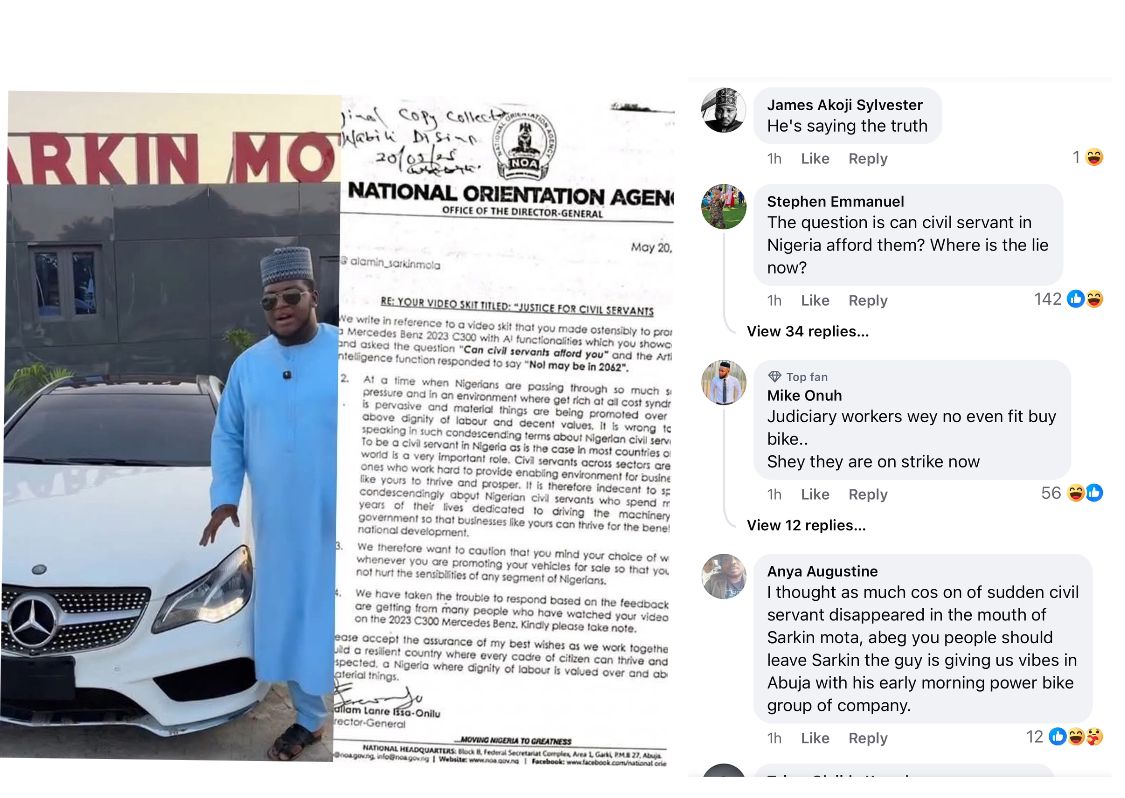
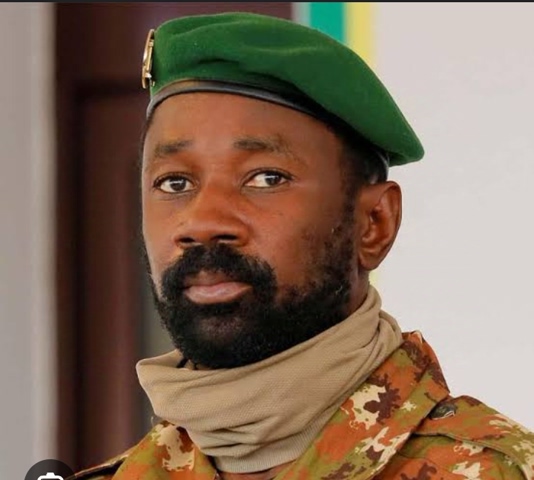
Mali’s Political Journey To Rising Unrest
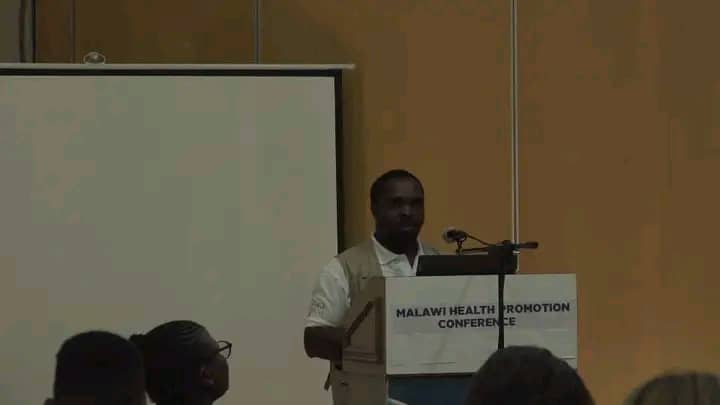
MALWI: Economist Challenges Role Of Donor Funding In Africa’s Health Systems
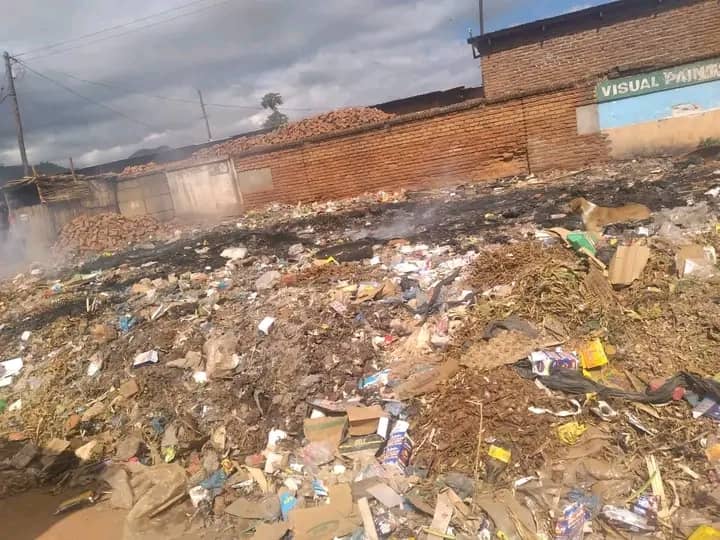
MALAWI: Waste Piles Threaten Sanitation At Kasalasala Market
